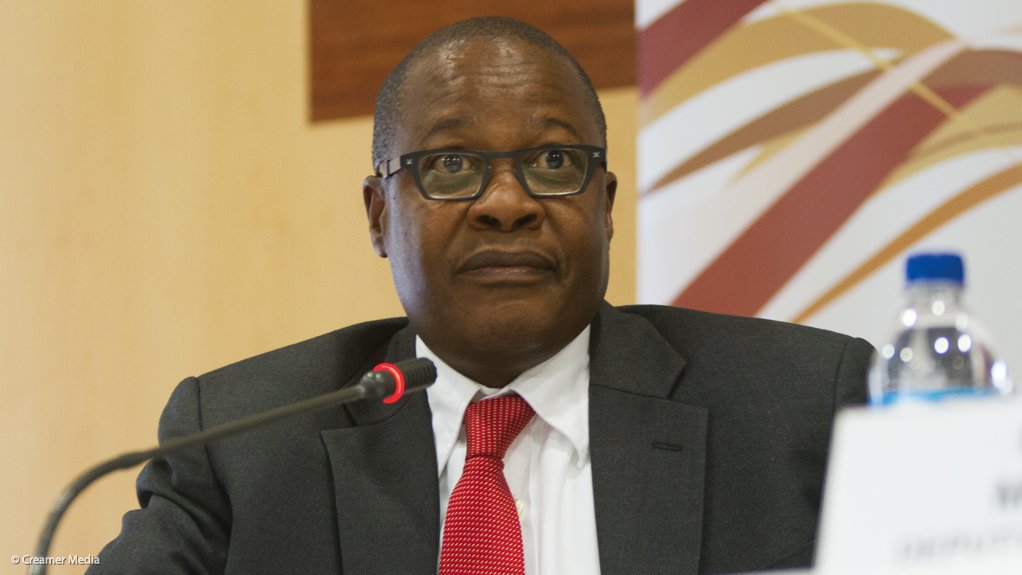Acting Eskom CEO Brian Molefe has suggested that all companies and households should be transitioned across to prepaid electricity systems, adding that he will propose that those municipalities not paying Eskom be bypassed.
“The whole of South Africa should move to prepaid electricity. Even corporates should be on the prepaid system,” Molefe told Parliament’s Portfolio Committee on Public Enterprises.
“It will improve our financial position immensely, instead of having to borrow money on the capital markets, which is making our balance sheet worse, as well as our ratings.”
Executives at Eskom have revealed R25-billion in municipal debt – and rising. Some municipalities were not handing over the money due to Eskom, with Soweto alone owing R8-billion to the power utility.
“If we could have prepaid the R25-billion, that would be part of our working capital.” Molefe told a media briefing after the Parliamentary hearing.
“We cannot afford to be a source of funding to municipalities at the expense of the national grid. It’s not sustainable and the whole country has to deal with localised problems,” Molefe said.
He said there had been suggestions of shutting down the electricity of municipalities who didn’t pay up, but that this was not a solution, as it was unfair to those residents who did pay, and was not viable in a developing country.
“It would be better if we bypassed municipalities rather than switching off households. We should start with municipalities that are in arrears. We should instead provide electricity directly to the residents on a prepaid basis.
He said bypassing municipalities would stop the increase in debt and free up cash flow. In future, he said this could lead to lower tariff increases.
The acting CEO, who has been seconded from Transnet to try to sort out Eskom’s woes, told MPs that he was determined to get Eskom back on a sound financial footing.
Molefe said R240-billion still needed to be funded through revenue and borrowing. Eskom was expecting money from National Treasury in June.
“We need to raise R240-billion from those sources. That doesn't mean though that we are bankrupt. We need to resolve how to get the R240 billion. We need to look at the balance between increased tariffs and debt. The question is: ‘Can we allow the gearing of Eskom to deteriorate. Do we increase tariffs or burden it further with debt?”
He said Eskom would be "okay from a cash flow point of view” until July this year. Eskom is expecting money from National Treasury in June.
Molefe said he would do all he could to get Eskom’s credit rating back again.
“We will go to the ratings agency and find out what we need to do. We will pursue every single one of those tasks they ask us, very diligently until we get that credit rating back.”
Members of the executive and Molefe said they were considering how to intensify the efficiency programme without further borrowing.
Eskom’s executive team was also looking at ways of streamlining, including negotiating with labour to sell off Eskom’s R7-billion home loan book, which was not a core business.
The power utility is also trying to stop illegal connections and crack down on ‘ghost vendors’ of prepaid electricity.
The acting CEO said it was vital to reduce the country’s need for coal and rely more on other forms of energy in future, particularly because of damage to the environment.
EMAIL THIS ARTICLE SAVE THIS ARTICLE
To subscribe email subscriptions@creamermedia.co.za or click here
To advertise email advertising@creamermedia.co.za or click here











